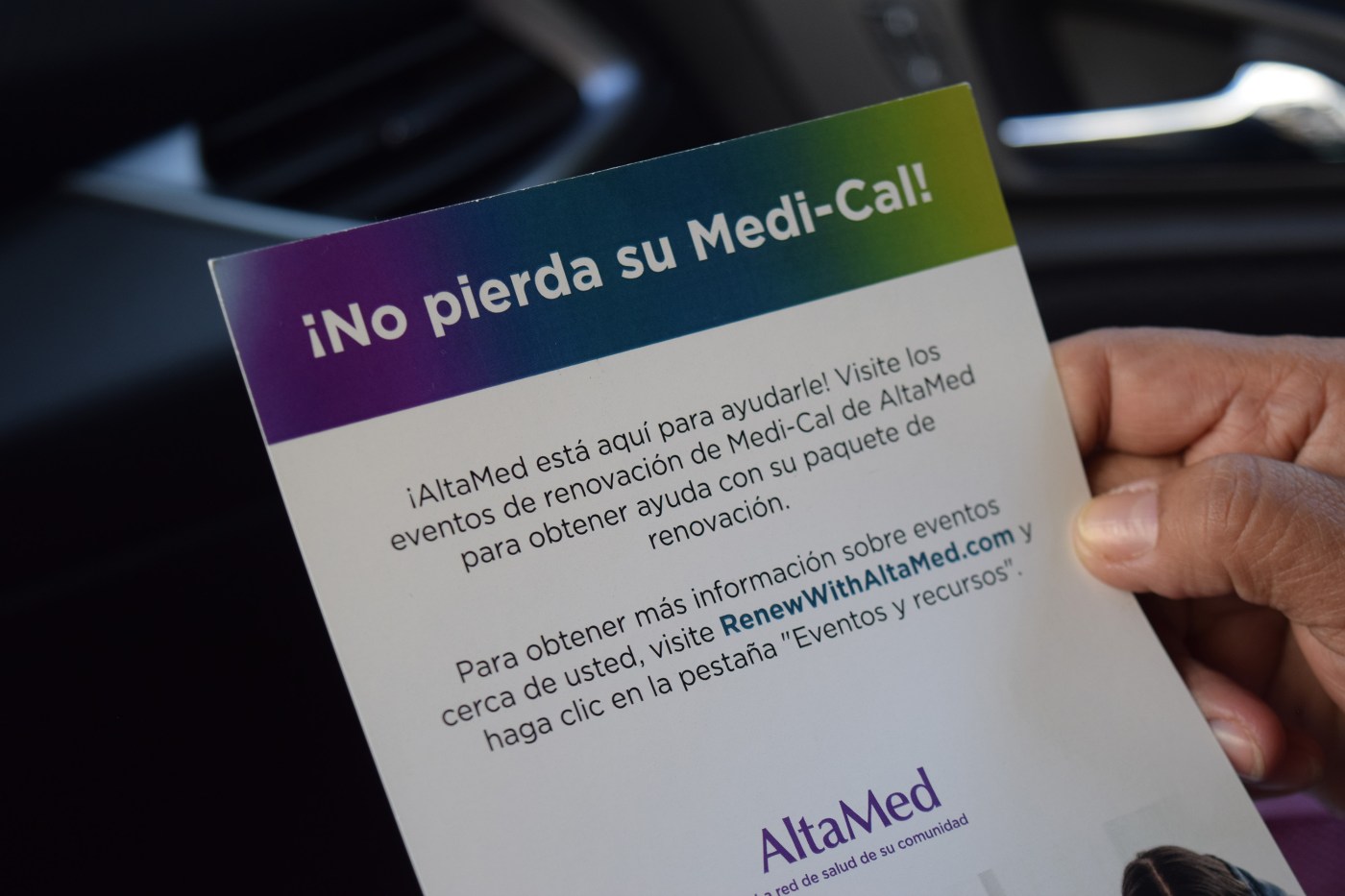Health officials in Santa Cruz County are notifying local residents from the immigrant community about significant changes to Medi-Cal enrollment scheduled for January 1, 2026. These modifications will impact residents with an Unsatisfactory Immigration Status, specifically regarding their eligibility for full state-funded coverage.
Changes to Medi-Cal Enrollment
Starting in 2026, California will discontinue full state-funded Medi-Cal coverage for individuals classified under Unsatisfactory Immigration Status. Nevertheless, the enrollment window will remain open throughout 2025, allowing individuals to sign up for a comprehensive range of medical, behavioral health, and dental benefits.
Those who enroll before the deadline will retain their access to the program beyond January, as long as they maintain their enrollment status. Irma Marquez, director of the Human Services Department’s Employment and Benefit Services Division, stated, “If you already have Medi-Cal or if you enroll before January, you can stay enrolled in full-scope Medi-Cal regardless of your immigration status.”
Marquez further elaborated that individuals who already possess Medi-Cal coverage prior to January 1, 2026, can continue to utilize all services, including doctor visits and prescriptions, provided they comply with mandatory reporting requirements like completing renewals.
Eligibility for Young and Pregnant Residents
According to the county, children aged 18 years and younger, as well as pregnant individuals not currently enrolled, will still qualify for a full range of Medi-Cal coverage after January 1, 2026. This assurance aims to address health care access concerns within the community.
The California Department of Health Care Services defines Unsatisfactory Immigration Status as any immigration situation that does not meet the requirements for full benefits, either due to unverified status or because it falls outside accepted categories. Presently, approximately 95% of the county’s nearly 260,000 residents have some form of health insurance.
Experts emphasize that maintaining high insurance rates is crucial for reducing overall health care costs. When fewer people are uninsured, local providers, especially hospitals, can minimize uncompensated care expenses, which in turn affects revenue strategies for health care institutions.
Additional reforms to Medi-Cal will be implemented in 2026, including a requirement for biannual renewals and the introduction of a new $30 monthly premium. Failure to pay this premium for three consecutive months could result in loss of coverage. However, if premium payments are made within 90 days, individuals may regain full-scope coverage, although dental care would not be included.
Connie Moreno-Peraza, director of the county Health Services Agency, highlighted the importance of community health, stating, “The health of our entire community is a priority for us. We will continue to meet the basic health care needs of our low-income and uninsured residents through our County Health Centers, working alongside community partners to help keep community members informed of changes that may impact their access to or eligibility for healthcare coverage.”
For more information on local social safety net services, residents can visit santacruzcountyca.gov/Sanctuary.aspx. The Employment and Benefit Services Division can be contacted at 888-421-8080. Additionally, Medi-Cal dental provider information is available at smilecalifornia.org/find-adentist, or community members can reach customer service at 800-322-6384. The California Department of Health Care Services also provides further details on Medi-Cal at dhcs.ca.gov/Medi-Cal/Pages/changes.aspx.







